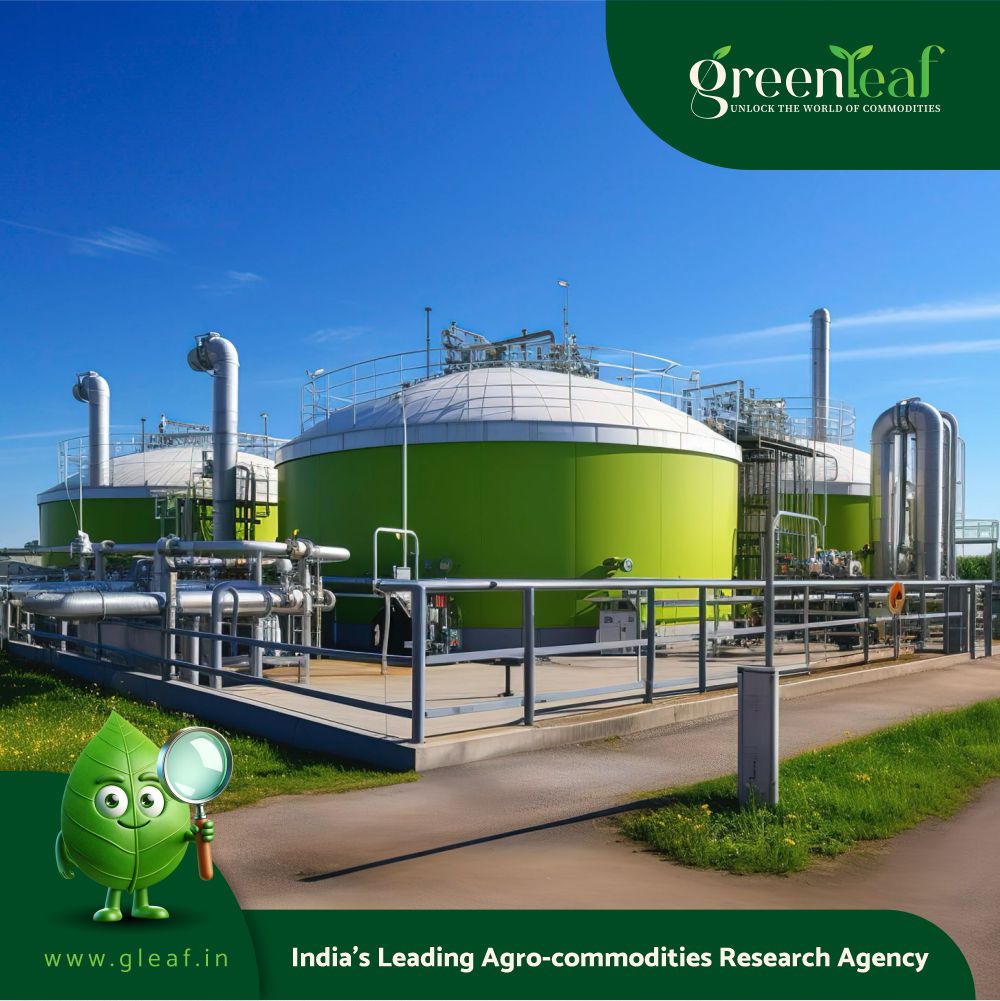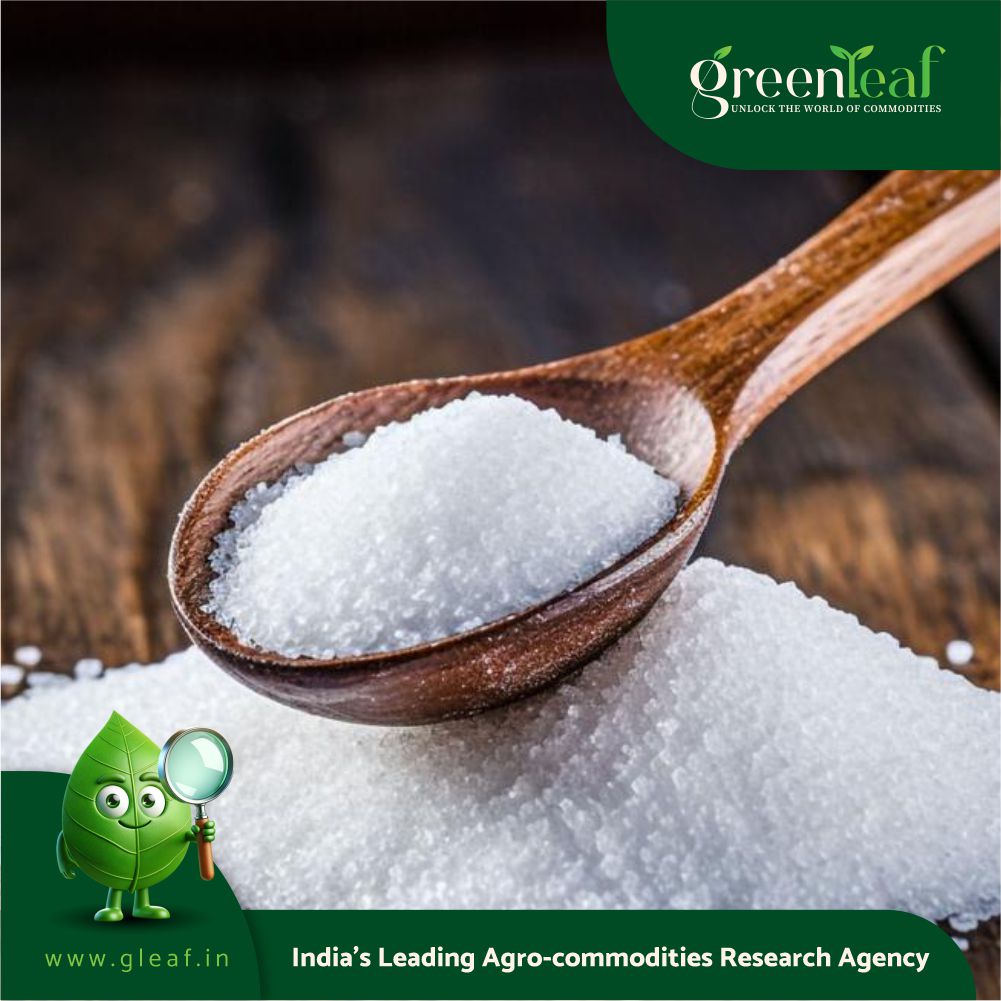The cooperative sugar sector has demanded a revision in ethanol procurement prices and an extension of blending targets beyond 20 per cent, as sugar’s contribution to the national ethanol programme has sharply declined—from 73 per cent to just 28 per cent.
The mills also estimate that India’s closing sugar stocks for the 2024–25 season, which ends in September, will be around 4.86 million tonnes—adequate to meet domestic demand during October and November 2025.
Earlier, a section of the industry had expressed concern about whether the country would have sufficient sugar stocks during the crucial festival months, due to an almost 20 per cent decline in production this year compared to the 2023–24 season.
“Currently, ex-mill sugar prices remain stable, ranging between Rs 3,880 and Rs 3,920 per quintal. This stability is supported by lower net production, strong market demand, and timely government interventions—notably, the strategic allowance of limited sugar exports and controlled release of monthly domestic quotas, which have effectively balanced supply in the domestic market,” the National Federation of Cooperative Sugar Factories (NFCSF) said in a statement today.
The industry has also called for accelerated promotion and manufacturing of flex-fuel vehicles (FFVs) to boost ethanol demand and ensure market readiness for higher blending targets.
This demand was made by an industry delegation led by Ravi Gupta, chairman of the Indian Federation of Green Energy's (IFGE) Sugar Bioenergy Group and expert member on the board of NFCSF, during a recent meeting at the Prime Minister’s Office (PMO), the statement added.
In the 2022–23 season (October to September), NFCSF said the sugar industry achieved a significant milestone by diverting 4.3 million tonnes of sugar towards ethanol production, enabling the supply of 3.69 billion litres of ethanol. This accounted for 73 per cent of the total ethanol blended with fuel nationwide.
However, in 2023–24, ethanol supply from sugar-based feedstock declined to 2.70 billion litres, contributing only 38 per cent to the national blending programme.
“This is projected to fall further to 2.50 billion litres in 2024–25, making up just 28 per cent of the total blending target of 9 billion litres,” the NFCSF said.
The main reason for this decline, the federation added, is that ethanol procurement prices have not been revised in line with the increase in the fair and remunerative price (FRP) of sugarcane, rendering ethanol production less profitable for sugar mills.
Government should deregulate fertiliser prices: Agriculture economist Ashok Gulati
The government should reform its fertiliser policy by deregulating prices and allowing farmers to choose between chemical and non-chemical options, agriculture economist Ashok Gulati said on Monday.
The current policy has led to a massive imbalance in fertiliser use, damaging soil health due to the excessive application of heavily subsidised urea, while support for micronutrients such as zinc remains inadequate, said Gulati, former chairman of the Commission for Agricultural Costs and Prices (CACP).
“Zinc deficiency in soils is causing zinc deficiency in wheat and rice, which in turn contributes to stunting among children. This is a major nutritional concern,” Gulati said on the sidelines of an ICRIER event on Improving Soil Health for Better Crop and Human Nutrition.
















